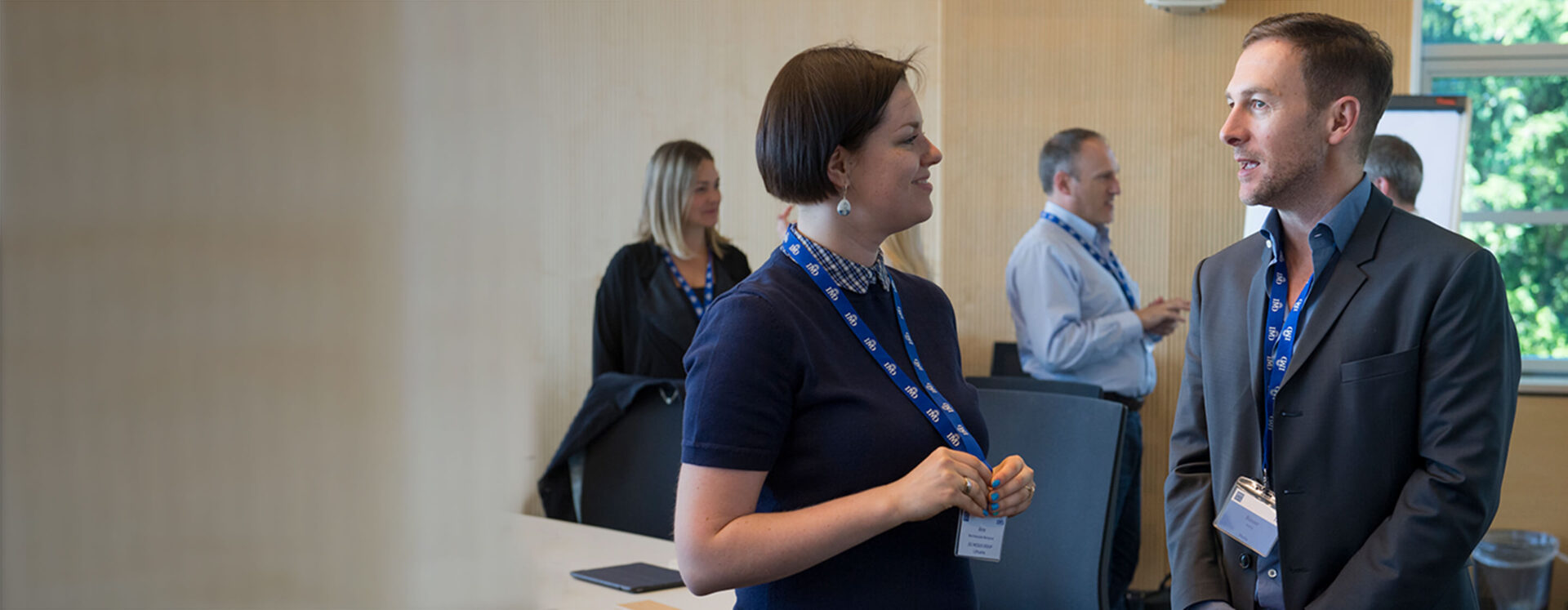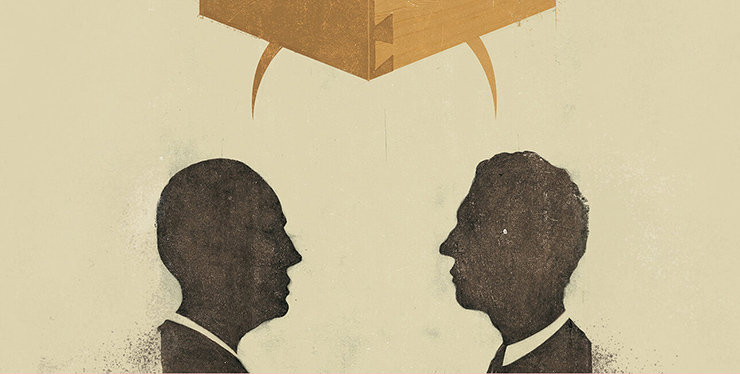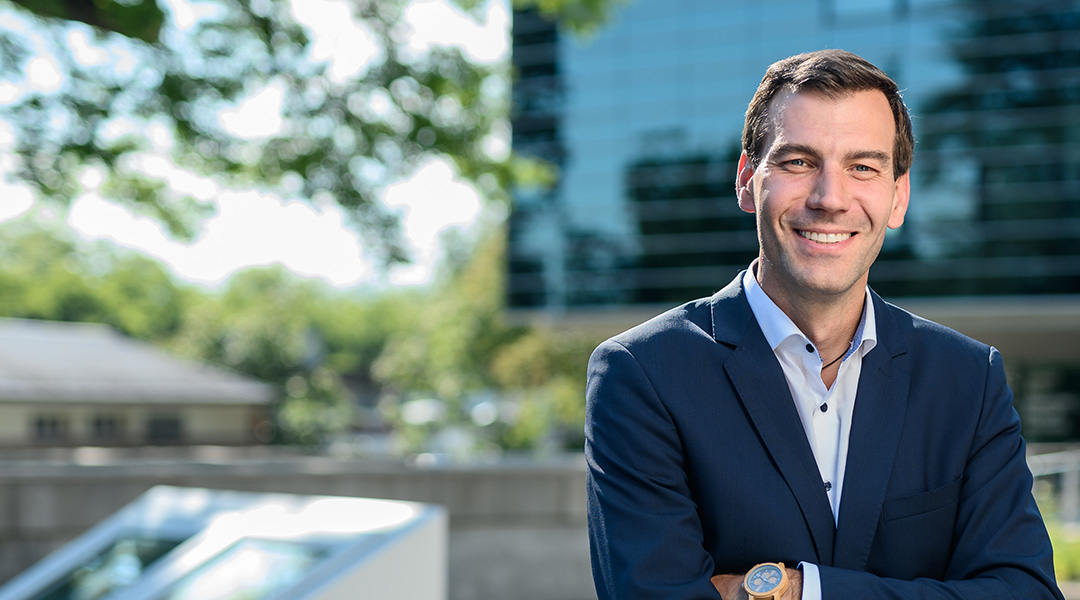
Family values
Family businesses are fascinating – 70% of businesses worldwide are private or family owned; they are the oldest form of business in the world, and in the UK, for instance, they provide 9.2 million jobs and generate £1.1 trillion in annual turnover.
Family businesses tend to take a long-term view and can be quite risk-averse. Many favor debt-free growth strategies offering economic stability. However, for some, risk aversion manifests itself in an insular leadership that ineffectively manages issues such as succession, conflict and communication – particularly between family members. For HR people, this can make life quite complex.
Managing influence
It is essential for HR representatives in a family business to understand who owns and leads the corporate culture. The family sitting on a board is not the same as an anonymous shareholder and it’s important to understand its values, philosophy and vision in order to understand how they translate into the company’s culture.
Longevity can have a positive and a negative influence on the business. Many staff like the sense of security of knowing that the leader might be in place for 15 or 20 years, and employees who gel with the strong sense of identity will be particularly happy, dedicated and loyal to the company.
HR supporting succession preparation
The drawback to holding on to leaders for a long time is that it can make strategic or cultural change difficult. Today’s pace of innovation requires extreme responsiveness and adaptability, making any business that is slow to react to change especially fragile.
A key area where HR can provide long-term support and security is in preparing for succession, particularly when it comes to grooming and developing talent. As transition phases in family businesses can last several years and involve deep changes in the organization, HR has a pivotal role in organizing concerted efforts to strengthen the business and to engage and retain key family and non-family talent in the long term.
In many parts of the world, first-born sons are expected to take over the family business. Sometimes, though, the presumed successor simply isn’t up to the task. Here, senior HR representatives can be particularly helpful and support the business leader as they rationalize their decisions and selection processes.
In Western economies 40 years ago, markets were booming, and if you were smart enough and could surround yourself with good people, you could be successful with almost any business. Nowadays, the picture is very different. Competition is fierce – and global – making it vital to develop young leaders with strong management and governance skills. This is why IMD has launched new programs – run in both Switzerland and Singapore – to provide successors with skills in key areas including leadership, innovation and entrepreneurship.
Standing the test of time
We design our programs to help make family businesses aware of their inherent weaknesses and build on their strengths. I believe that family businesses will continue to stand the test of time. They can have such strong cultures and visions, and, when managed properly, tremendous longevity. Their continued success will lie in a delicate balance of history, pride, expertise and emotions.
Denise H. Kenyon-Rouvinez was the Wild Group Professor of Family Business at IMD and Director of IMD Global Family Business Center. She directs the following programs: Leading the Family Business, Leading the Family Office and co-directs The Next Generation.
This article was originally published by Hays.
Research Information & Knowledge Hub for additional information on IMD publications
When Tony Banet took up his new post as CEO of the North America division of Especia Hispania (the names were changed), he took over a team characterized by mistrust. There had been no CEO at for the previous six months. This management vacuum had...
Understanding conflict in family businesses is a complex but essential study area for practitioners and academics. To enhance theoretical precision and provide practical insights, this article presents a comprehensive framework of family business ...
Conversations matter. They are how people connect, share ideas, stimulate progress, and make sense of the world. They are essential to being human and to humankind. In business, leaders need to manage conversations daily; indeed, talking is talkin...
“It's as if the whole world had suddenly not only suspended all the rules, but also switched on the turbo”, remarked one of my clients recently. Since the profound political and cultural change in mood, which the British-American historian Niall F...
Imagine the following situation: You enter the office and the day before, a large wave of redundancies was announced. The atmosphere is noticeably tense. There is uncertainty in the eyes of many colleagues, and someone says to you: “I'm sorry that...
Digital transformation introduces a new set of parameters for firm innovation. Existing literature has found that family firms vary on their willingness to innovate. However, explanations of the factors that lead to a family firm’s (un)willingness...

The choice between an in-house ceo and a professional from outside influences culture, strategy, and brand perception. A study of 63 Italian companies shows that the second option improves corporate reputation through greater credibility and exper...
Tackling conflicts head-on is basic to avoid being taken hostage. When we do not address a problem and take action to solve it, due to passivity or the inability to make a clear choice, we are acting like a hostage. When we have a hostage mind-set...

When Amazon announced in September 2024 that it was requiring people to come into the office five days a week rather than three, the reaction was swift and negative: A poll of 2,585 Amazon professionals found that 91% were dissatisfied with the ne...
Research Information & Knowledge Hub for additional information on IMD publications
Research Information & Knowledge Hub for additional information on IMD publications
in Journal of Family Business Strategy June 2025, vol. 16, no. 2, 100660, https://doi.org/10.1016/j.jfbs.2025.100660
Research Information & Knowledge Hub for additional information on IMD publications
in Developing Leaders June 2025, issue 47, pp. 151-175
Research Information & Knowledge Hub for additional information on IMD publications
Research Information & Knowledge Hub for additional information on IMD publications
Research Information & Knowledge Hub for additional information on IMD publications
in Small Business Economics 24 May 2025, ePub before print, https://doi.org/10.1007/s11187-025-01057-8
Research Information & Knowledge Hub for additional information on IMD publications
Research Information & Knowledge Hub for additional information on IMD publications
Research Information & Knowledge Hub for additional information on IMD publications
in HBR.org 6 May 2025
Research Information & Knowledge Hub for additional information on IMD publications


